This site contains affiliate links. Please see Policies for more information.
These beets nutrition facts might surprise you. Have you ever wondered if you can eat beet stems? Curious to find out what beets are good for? Need some great beet recipes?
You have come to the right place. I’m here to answer all of those questions and more!
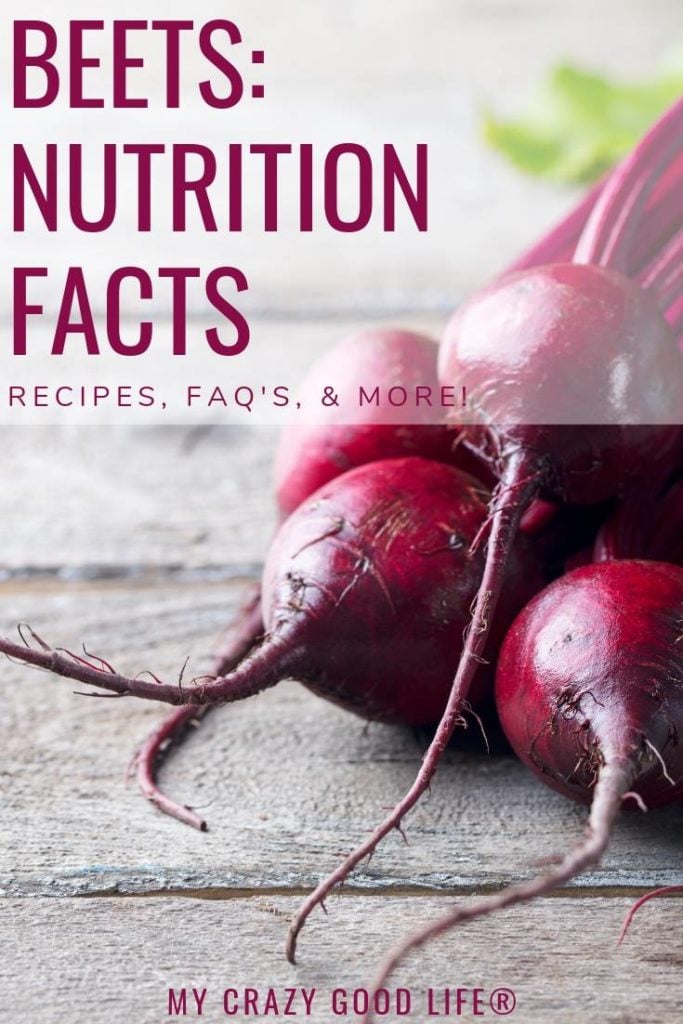
Beets: Nutrition Facts & What Are Beets Good For?
First things first–we should probably talk about 1. what beets are good for and 2. why you should be incorporating them into your healthy eating plan.
Beets: Nutrition Facts: Beets contain a lot of essential vitamins and nutrients. For a root vegetable they are surprisingly dense in terms of nutritional value. In a typical serving of beets (3.5 ounces) you’d find just 44 calories (super low) but a huge list of vitamins, minerals, and compounds you need for everyday life.
Beets contain at least a little bit of almost all the vitamins and minerals we need to sustain life. There are very few vegetables or fruits out there that pack quite so much into one tasty little package. They’re an amazing source of folate (20% of the recommended daily amount), help keep your blood pressure regulated with dietary nitrates (they are converted to nitric oxide which dilates your blood vessels), and a ton of fiber–fiber can improve your gut health and lower your risk of chronic diseases such as type 2 diabetes.
They’re packed with things like magnesium, potassium, iron, and even vitamin C! Along with fiber, B6, and an impressive amount per serving of manganese. Check out this healthline profile on beets for a full breakdown of vitamins and minerals found in beets.
Can you eat beet stems?
Did you know that you can eat beet stems?! They’re kind of like celery, that’s what I like to tell people. We include them on our vegetable platters and trays for parties, snacking, and more. Often people ask what they are and I love explaining why we use them and why they’re so great for us in terms of nutrition versus calories.
You can eat all the tasty beet stems you want but be prepared to wash them. They take a lot of cleaning because beets grow in the dirt and when they’re harvested in bunches usually the only parts that get a cleaning are the beetroots themselves.
Clean them like you would any other fruits and veggies and once they’re patted dry you can remove the leaves and chop them to size. We cut them much like we would chunks of celery for dipping in spinach and artichoke dip, ranch, and even buffalo chicken dip!
You can also eat the leaves of the beet stems just like you would spinach! You can save them and sauté them or even add them to your salads! The beet is a very versatile vegetable and you can use the whole thing which is great for your budget as well.
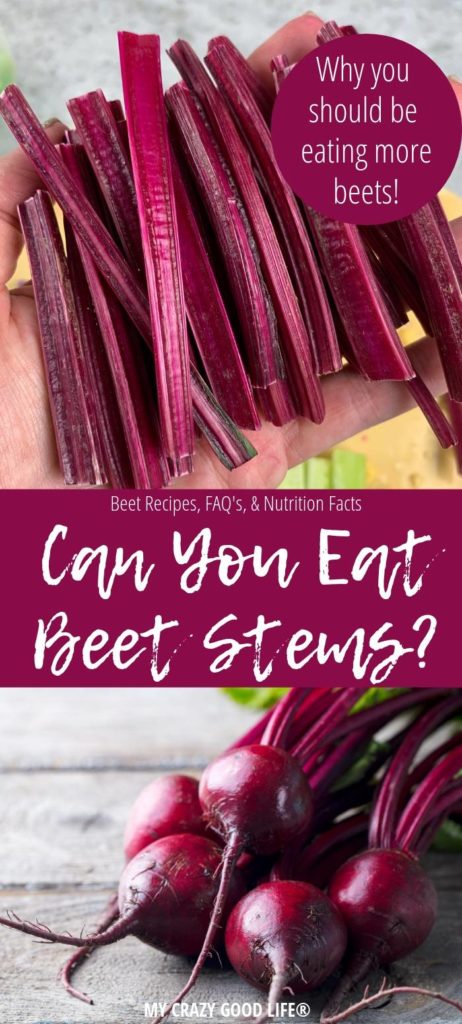
Where can I find some great beet recipes?
Now that you know how wonderful beets are for you I’m sure you want to start cooking them up into delicious meals and side dishes, right? Good news, I’ve rounded up some of the best beet recipes around the internet for you to try! Everything from smoothies to desserts and back again. There’s something for everyone’s taste buds in this list.
If you do not like the taste of beets I would suggest you try a recipe that has some other flavors in it that you do like…maybe try cooking them alongside something with a more overpowering taste? The health benefits alone make me want to add them to just about every recipe I can think of!
There are some recipes here that even transform the beets into things like desserts, pastas, and more. Hopefully you can find plenty of ways to add beets to your diet, the nutritional impact of beets is important!
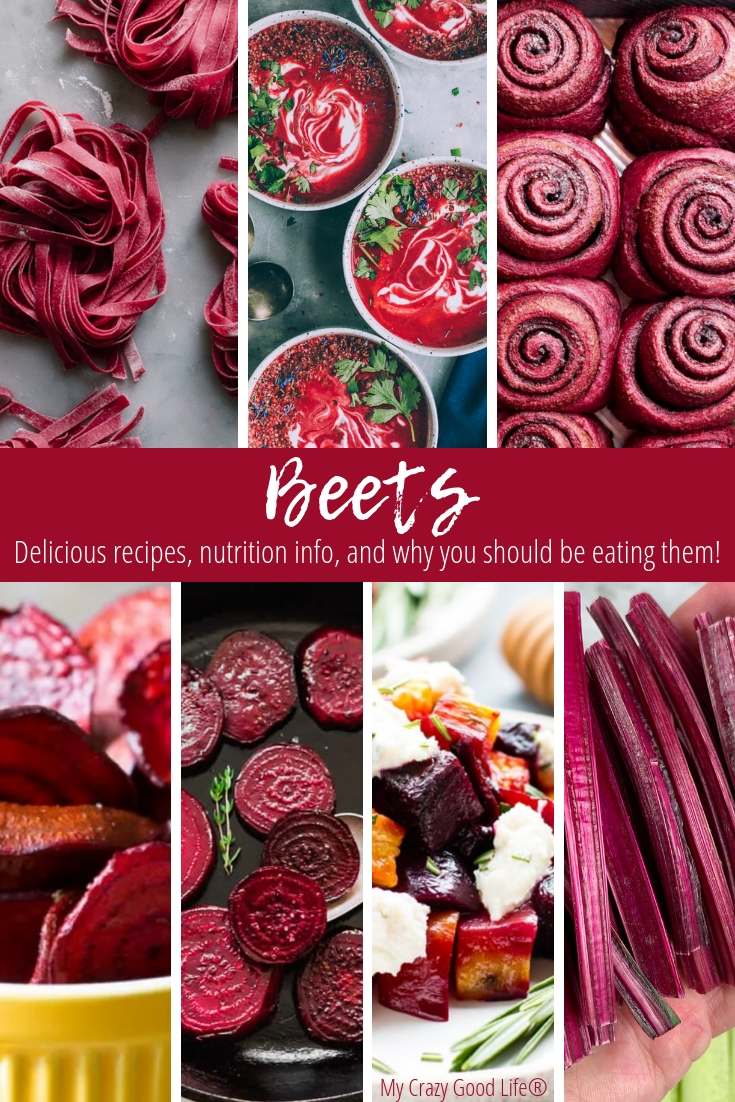
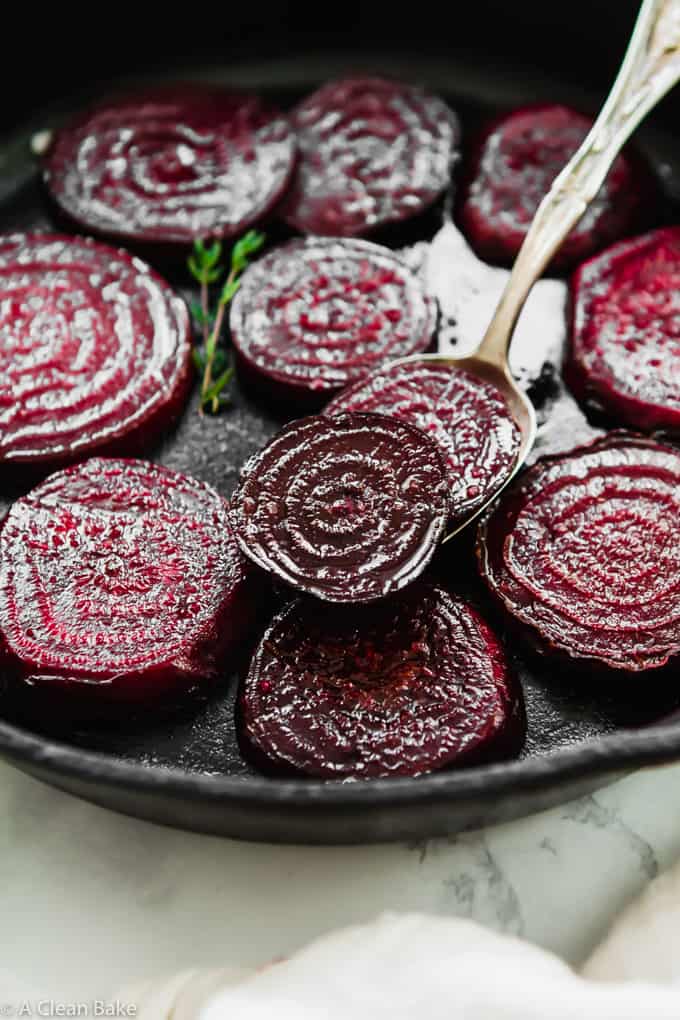

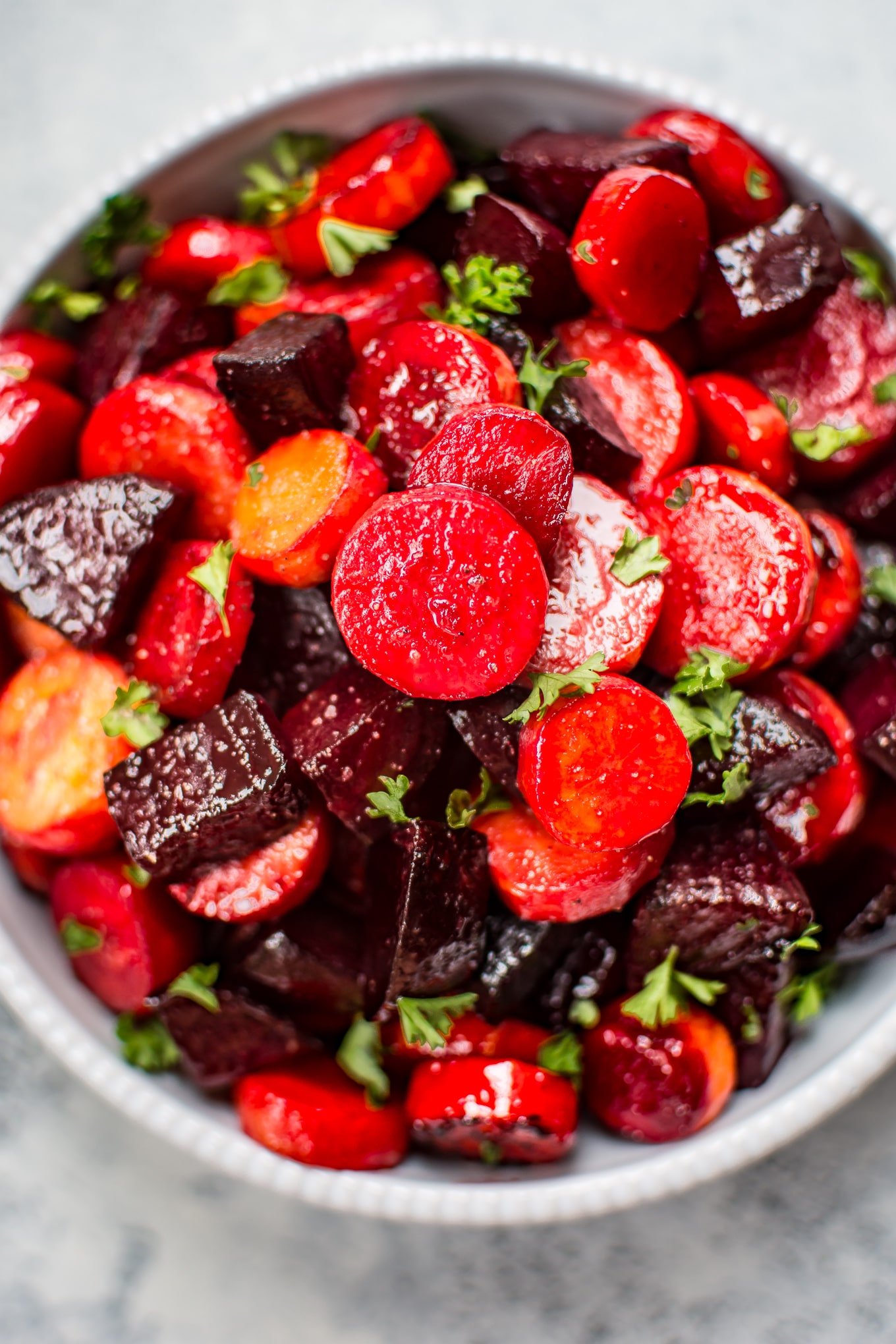
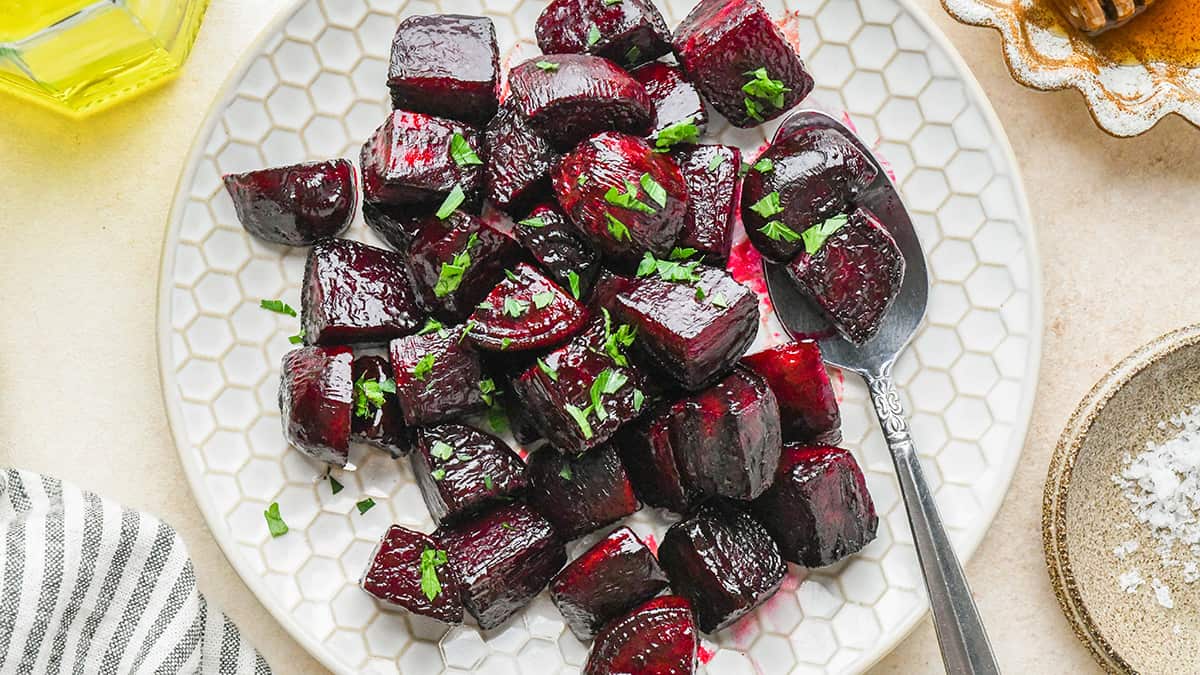
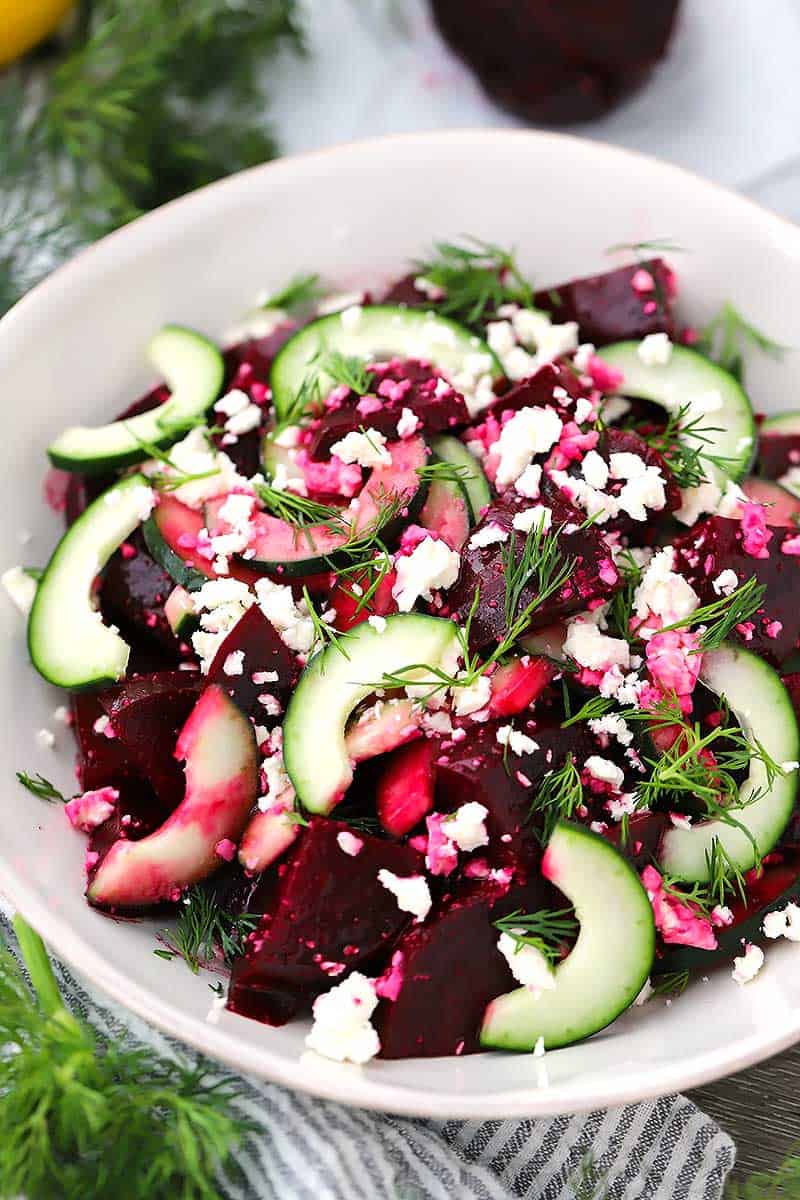
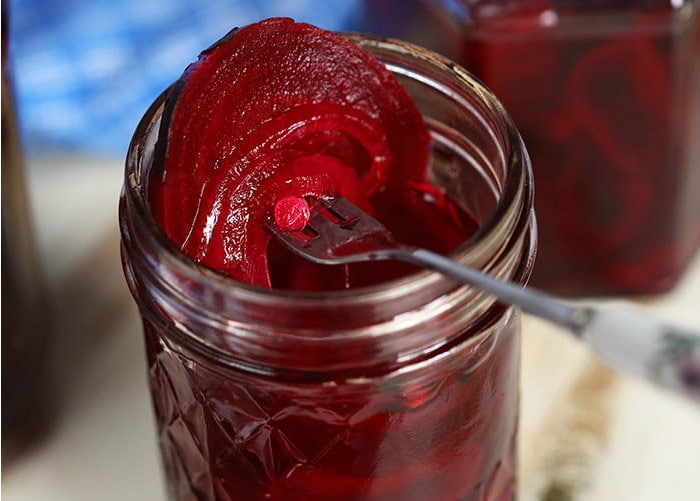


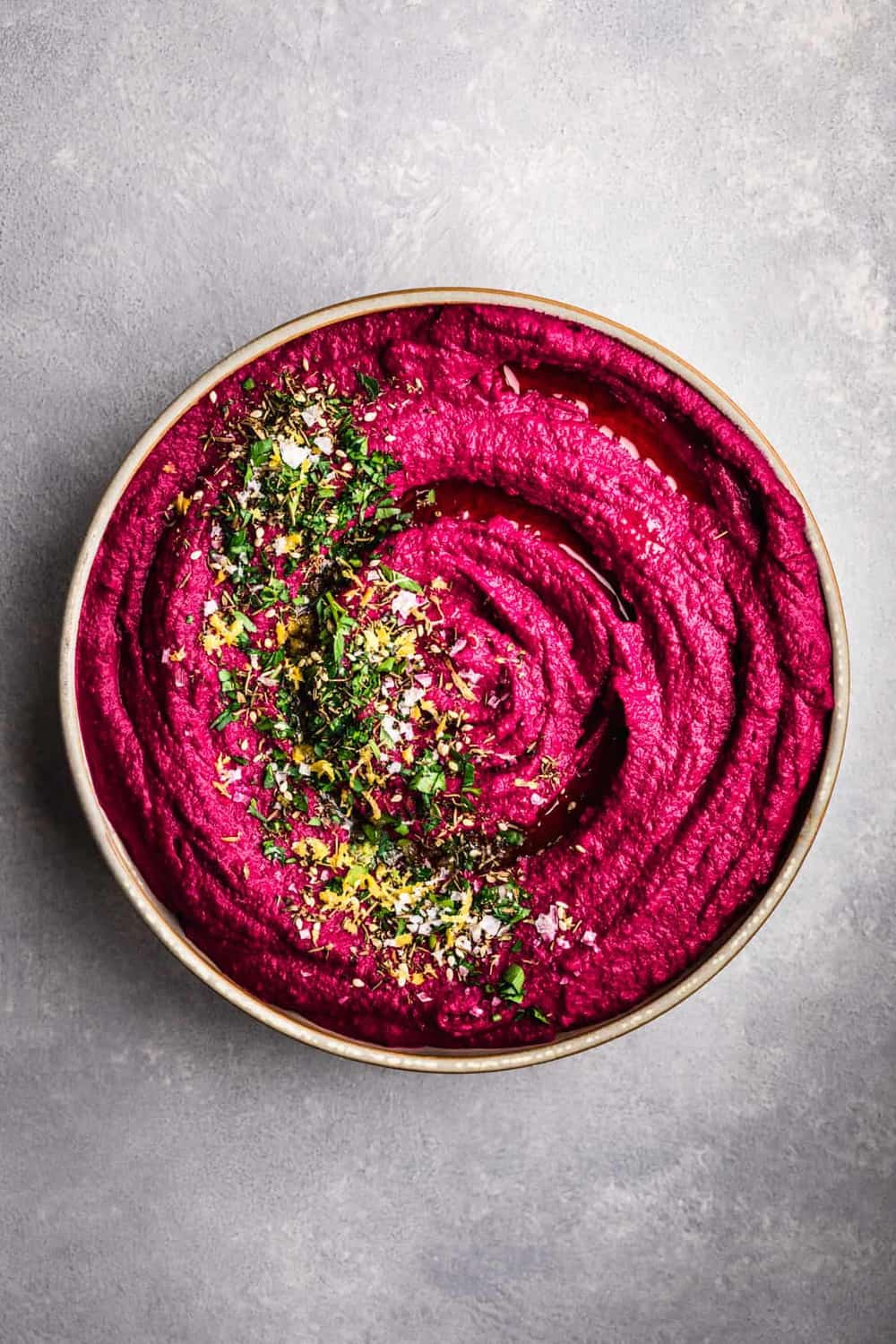
How do I juice beets?
You can juice beets with a juicer like you would just about any other fruit or veggie, but I highly recommend blending the beets instead–you’ll keep more of the nutrition intact (mainly the fiber) that way.
I like to add blended beets to any recipe with apples, pineapples, or even spinach. The value a small amount of beet juice or puree adds to any homemade juice recipe is incredible. Here’s a simple smoothie for you to try:
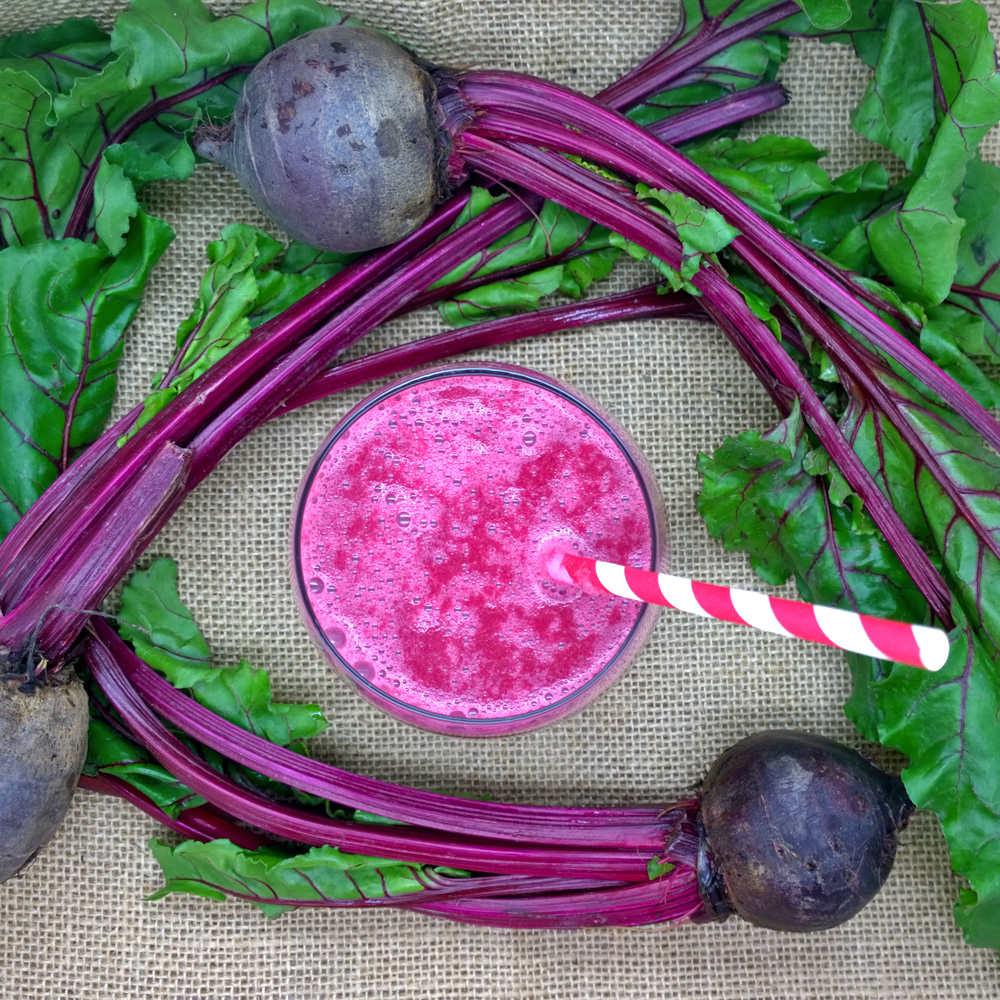
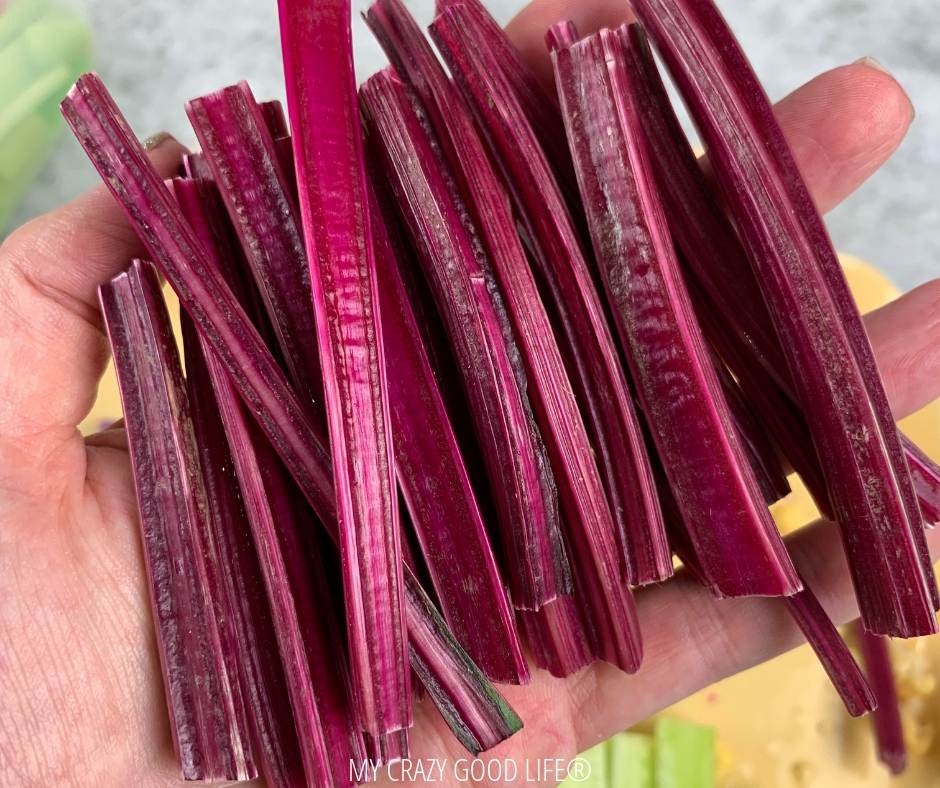
Why should I be eating beets?
Beets have a positive impact on inflammation and inflammatory conditions. Beets contain betalains which have been show to act as anti inflammatory agents. In some studies the betalains provided a reduction in pain for chronic osteoarthritis patients. If you have inflammation or inflammatory conditions beets and beet extracts may help provide relief!
Dietary fiber, which beets are rich in, is useful in maintaining a healthy digestive system. If you struggle with a variety of dietary conditions you could benefit from adding more natural sources of dietary fiber to your meals. Beets are a great choice because they are low in calories while being high in vitamins, fiber, and other minerals.
Sometimes foods that are good for us, great for weight loss, and have health benefits are hard to work into our diets. Beets are delicious and easy to incorporate into your favorite recipes. You can juice them, add them to smoothies, roast them, bake them, sauté them, the possibilities are endless for this mild root vegetable!
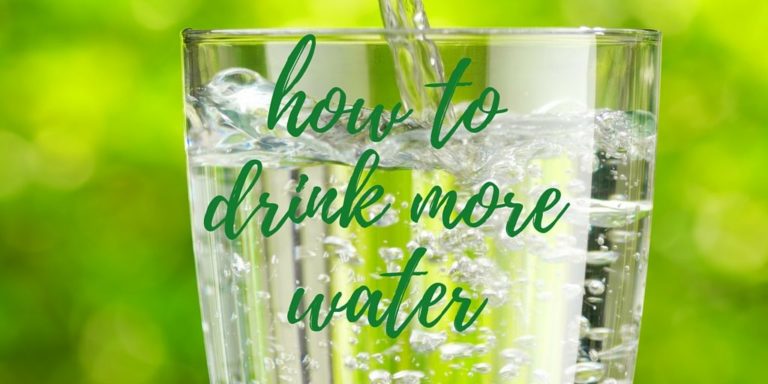


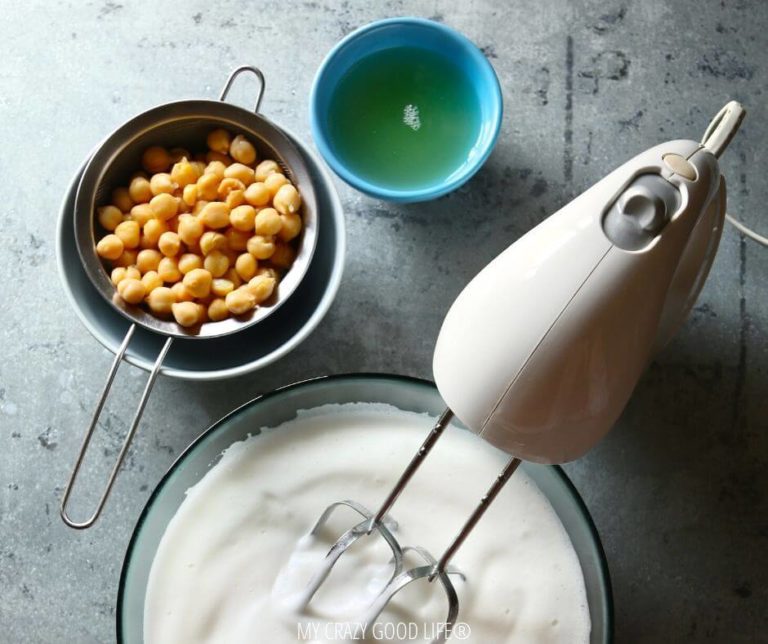
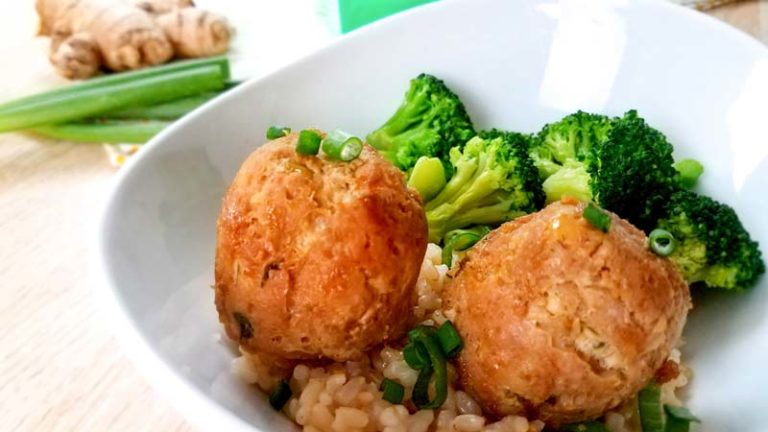

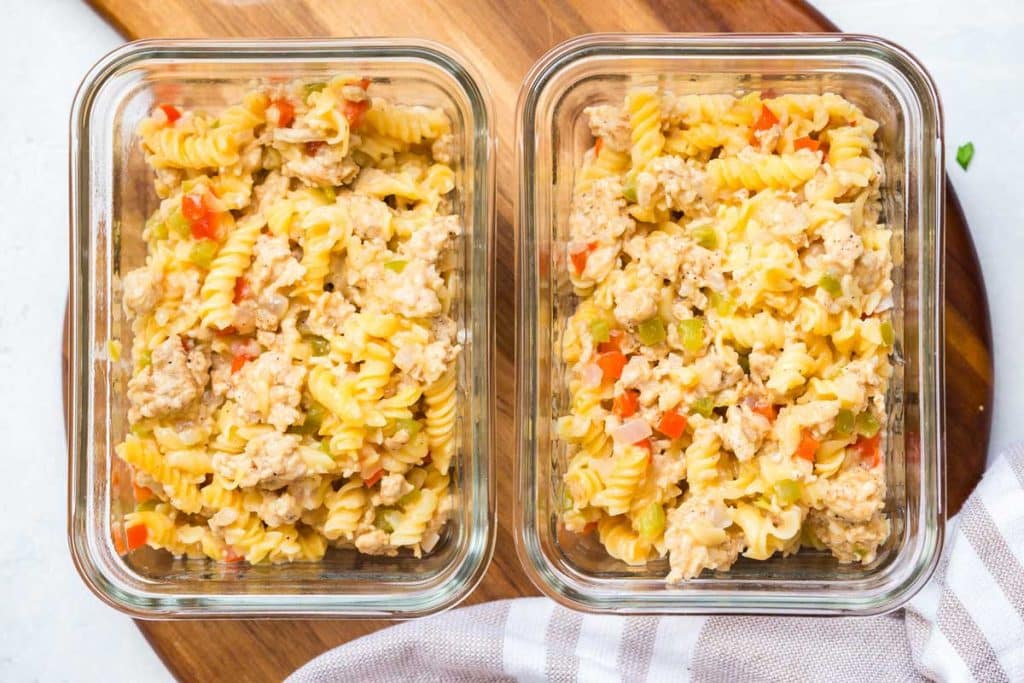
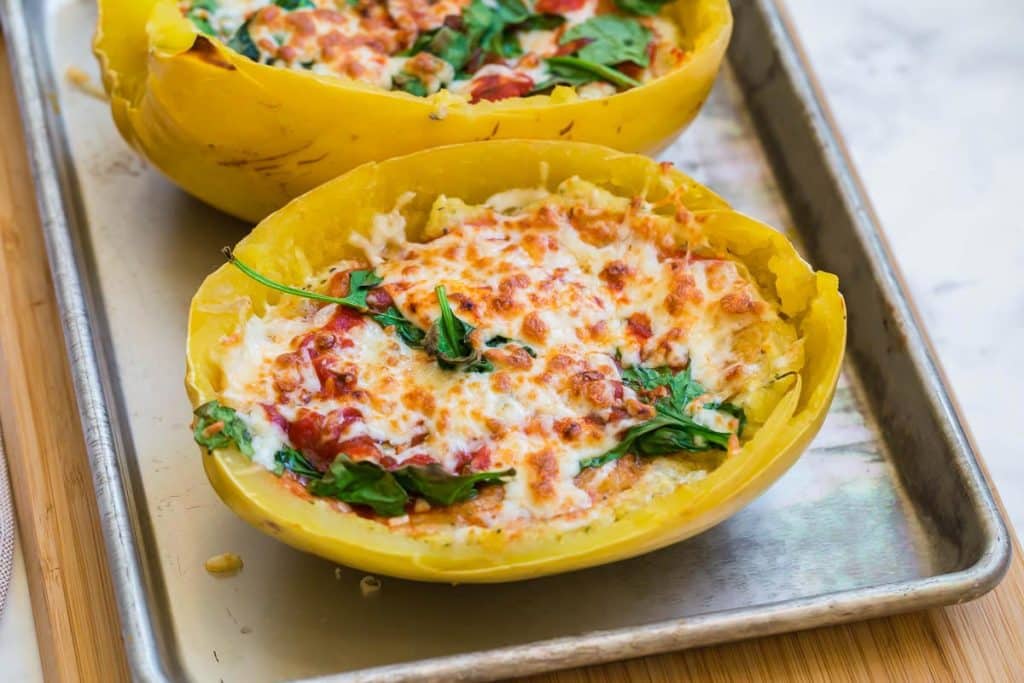
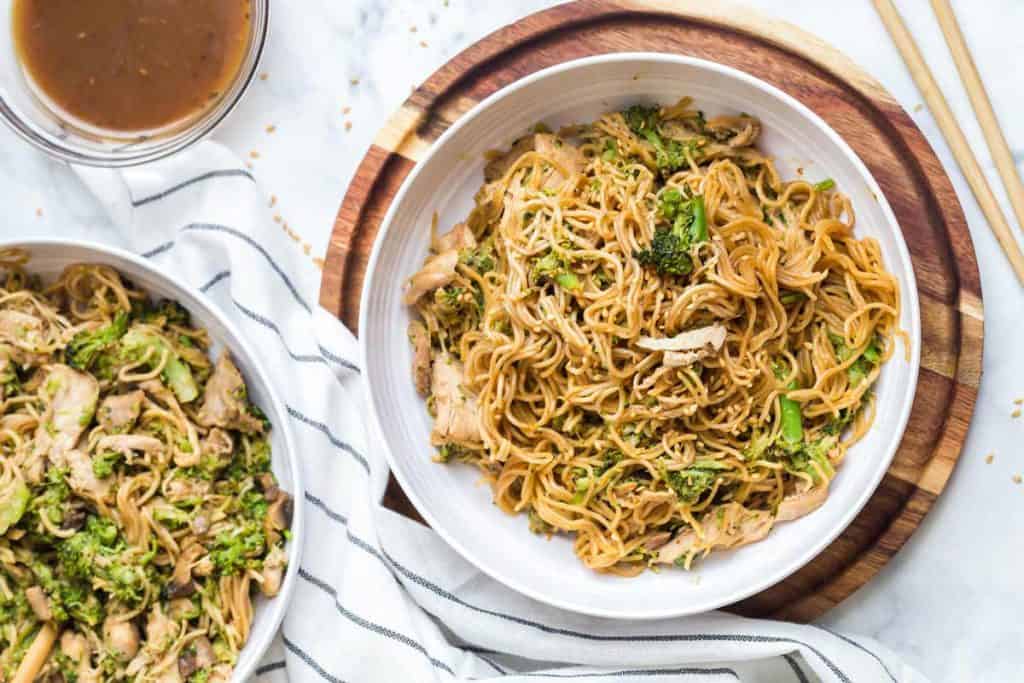
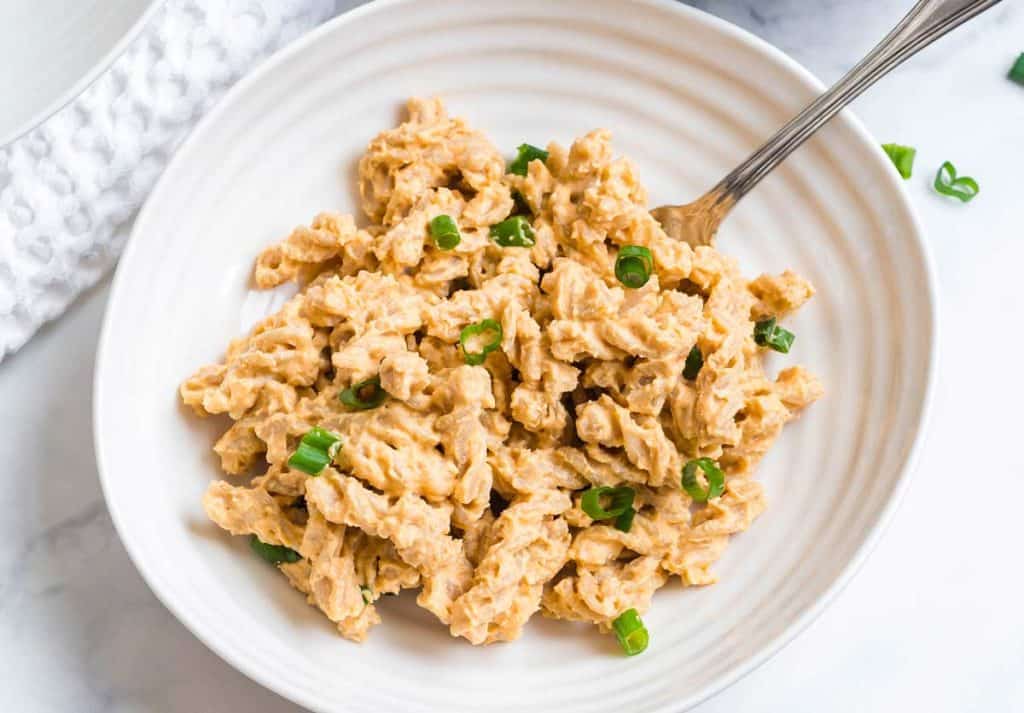
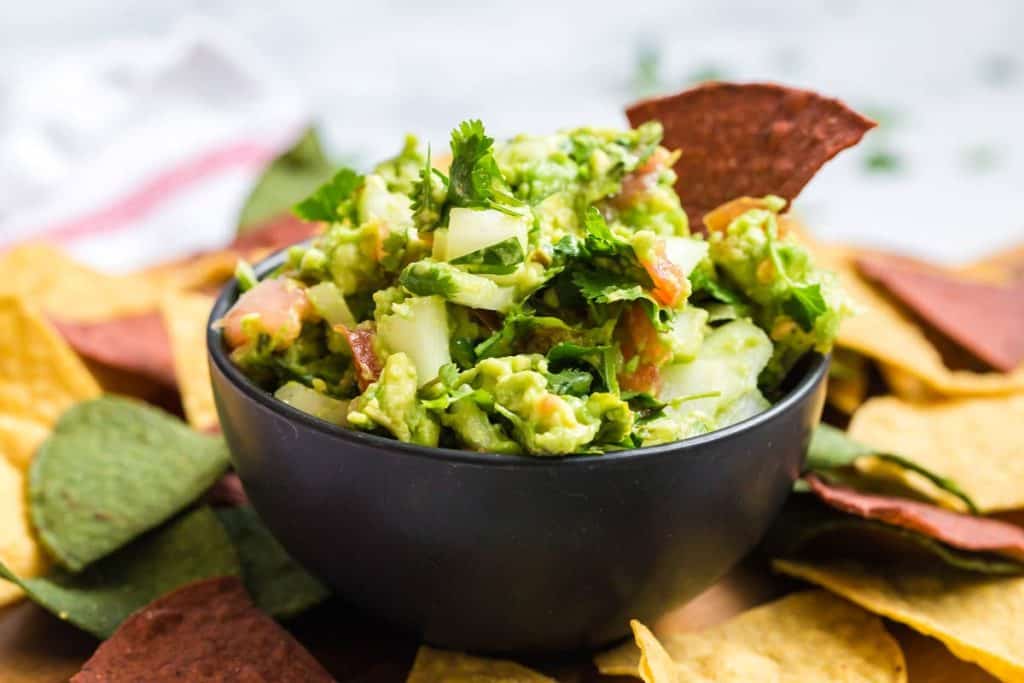
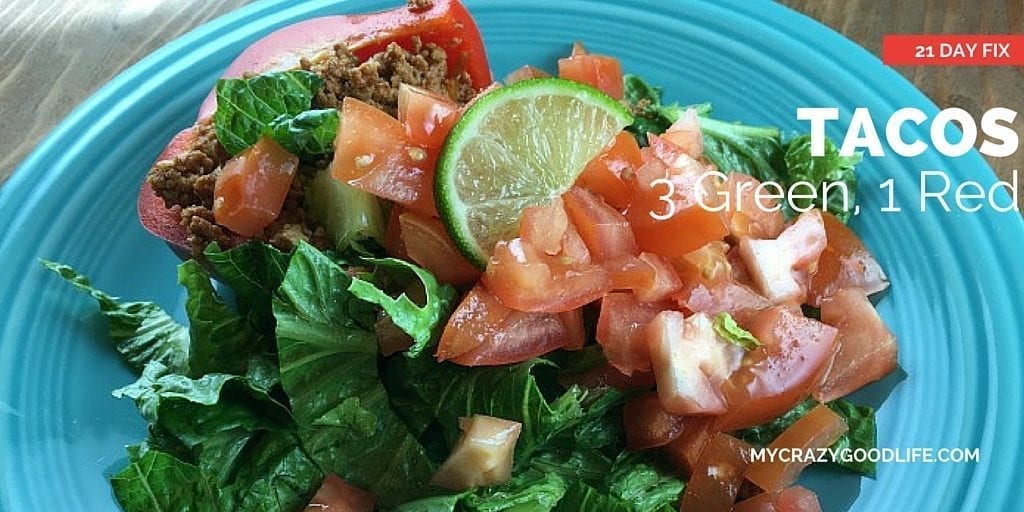
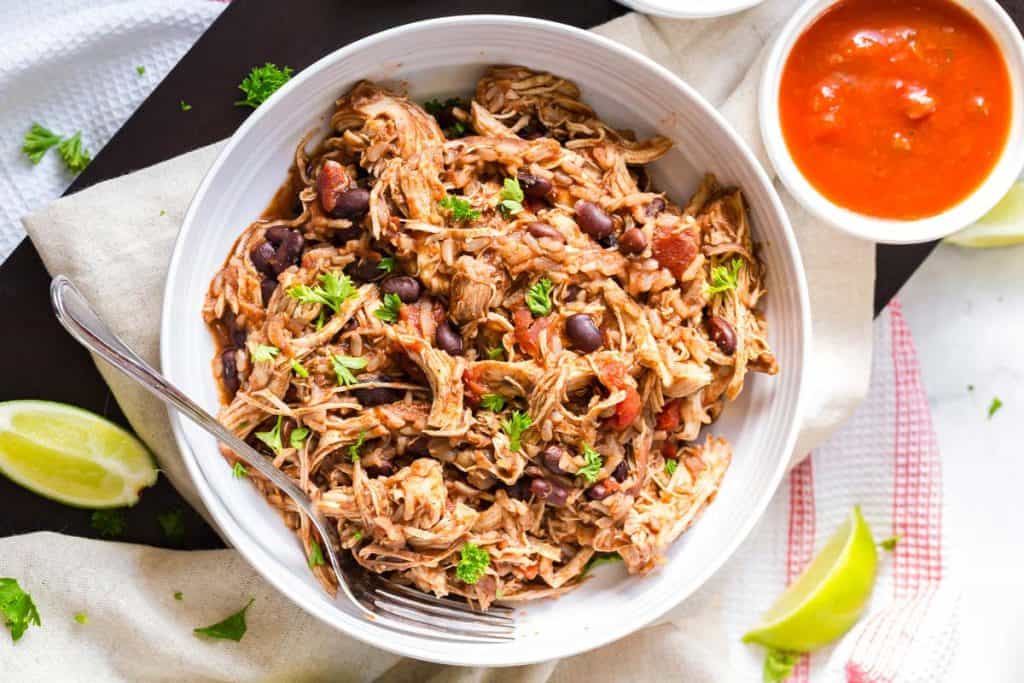
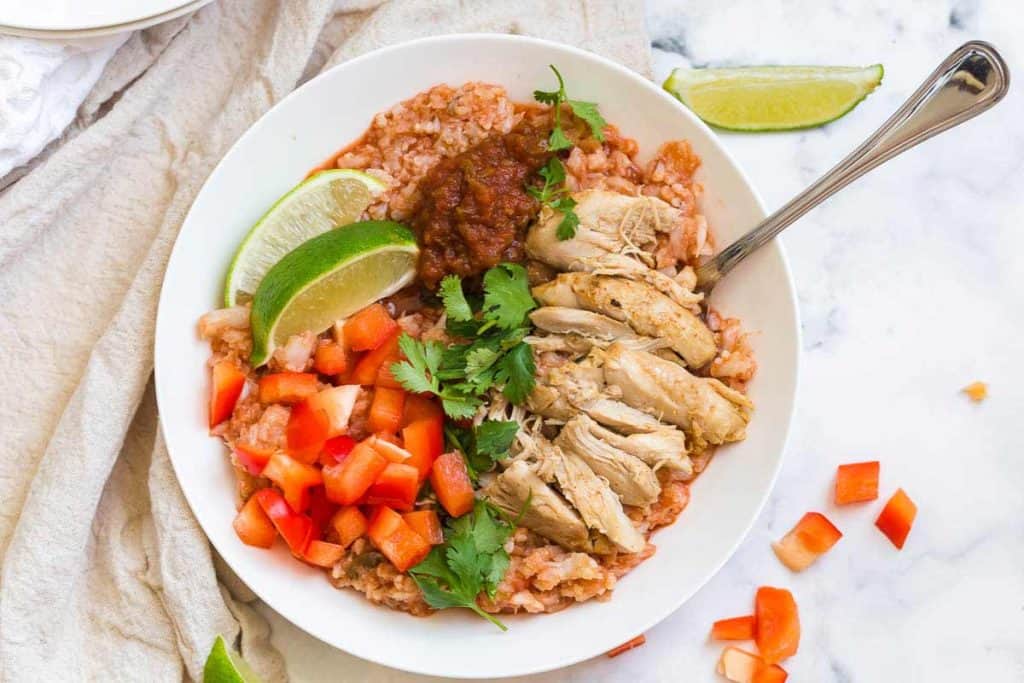
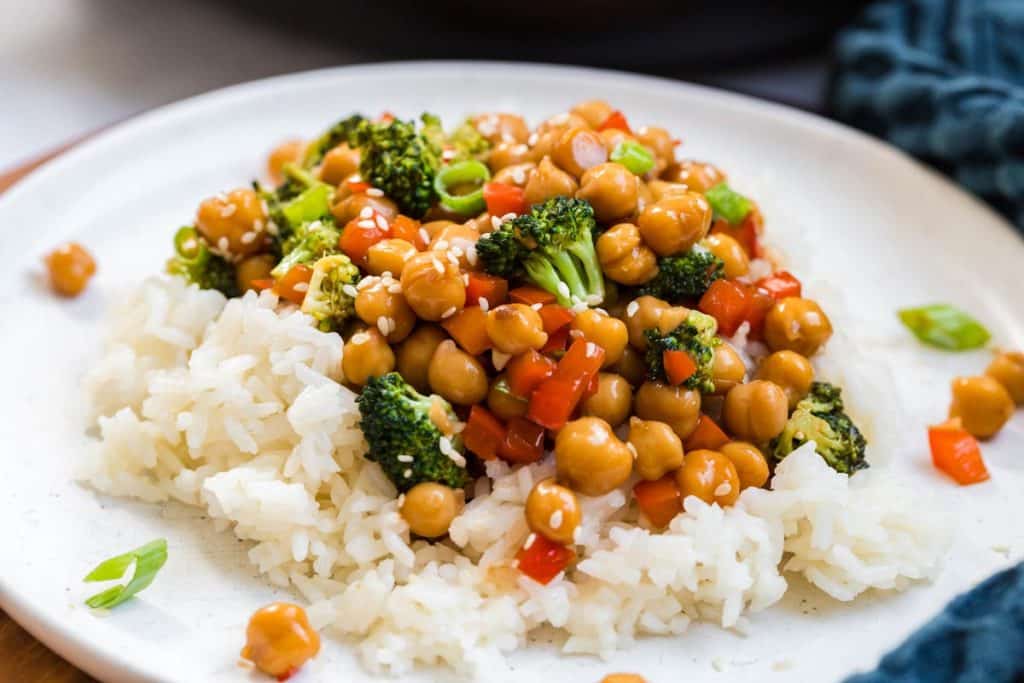
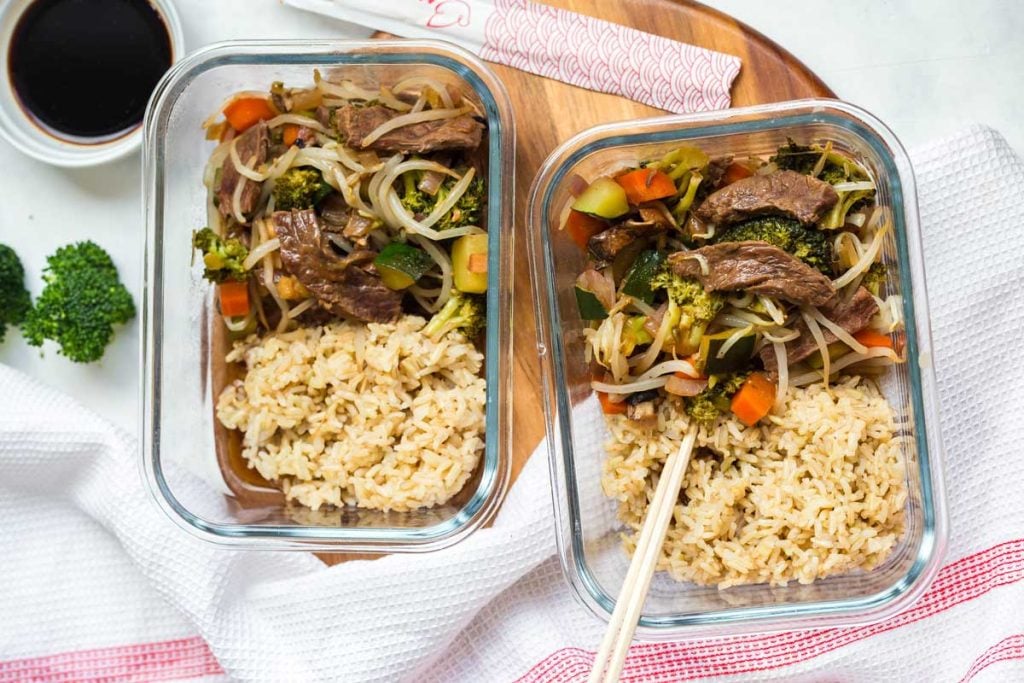
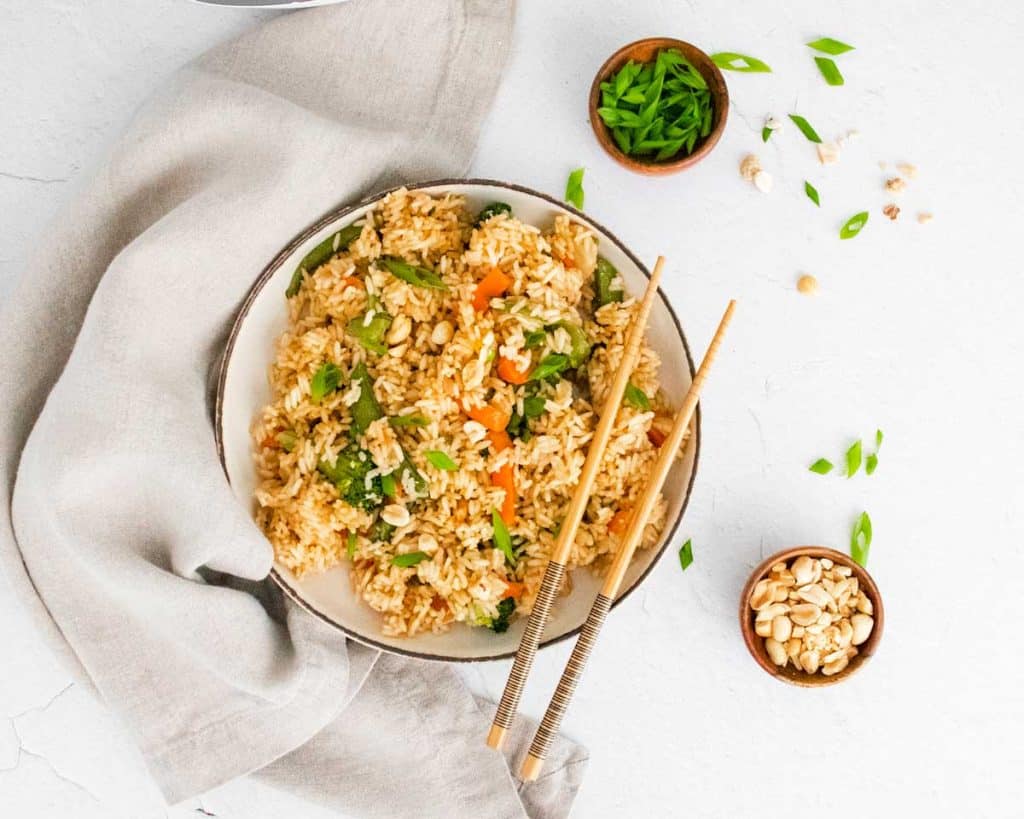
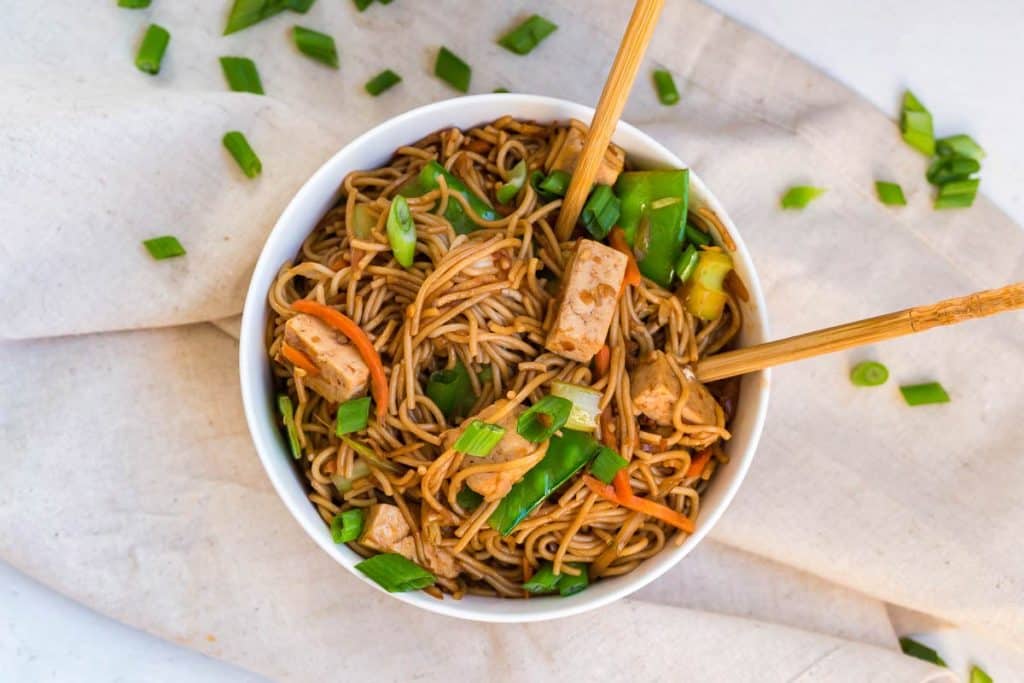
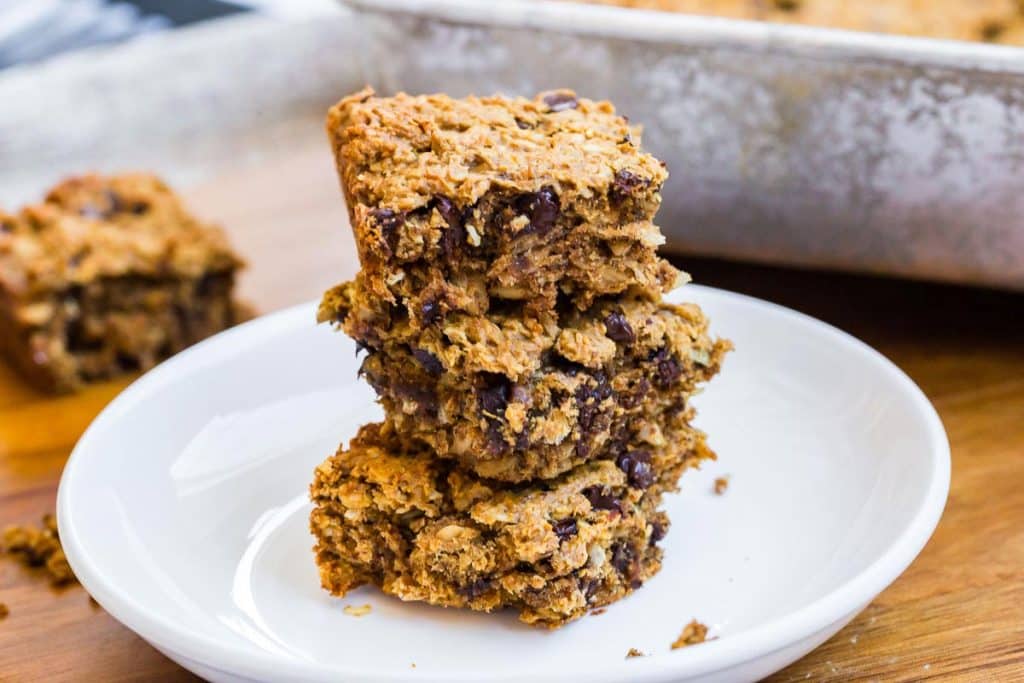
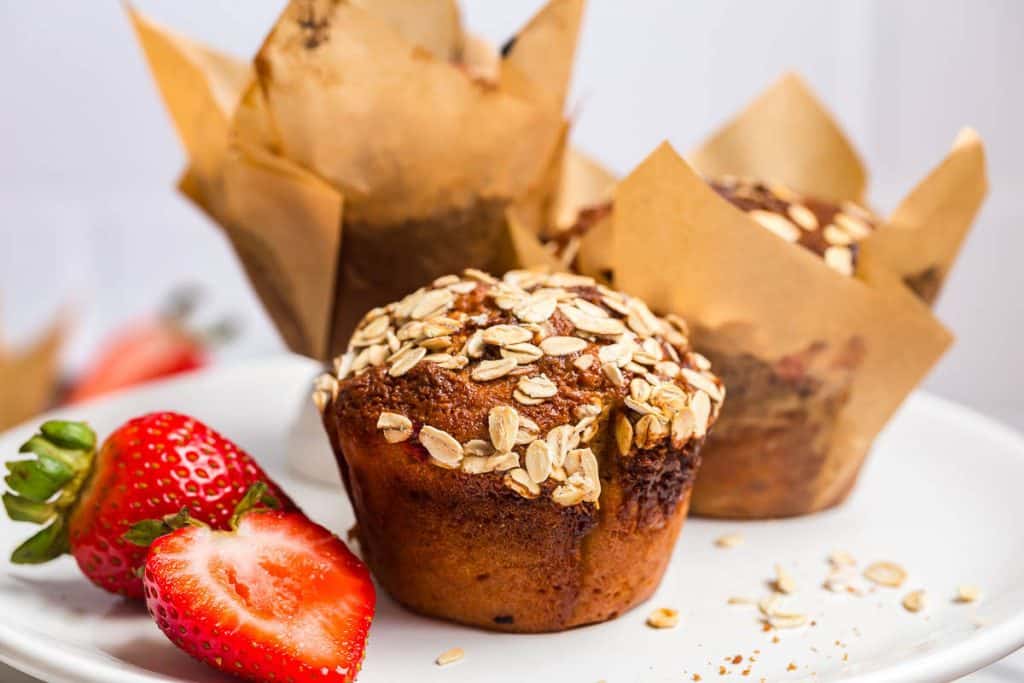
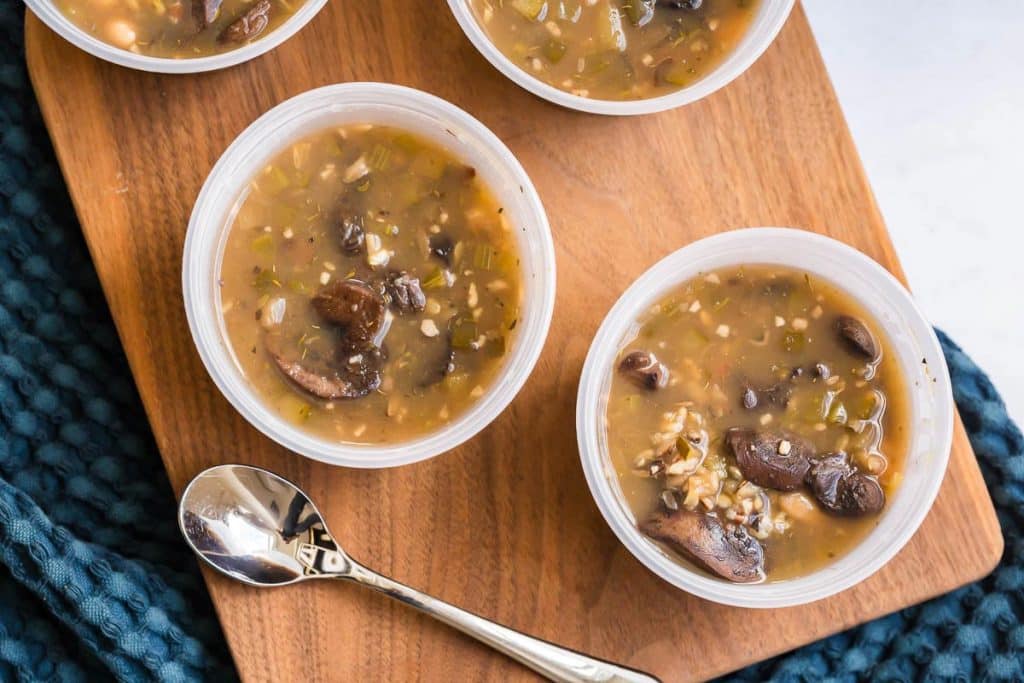
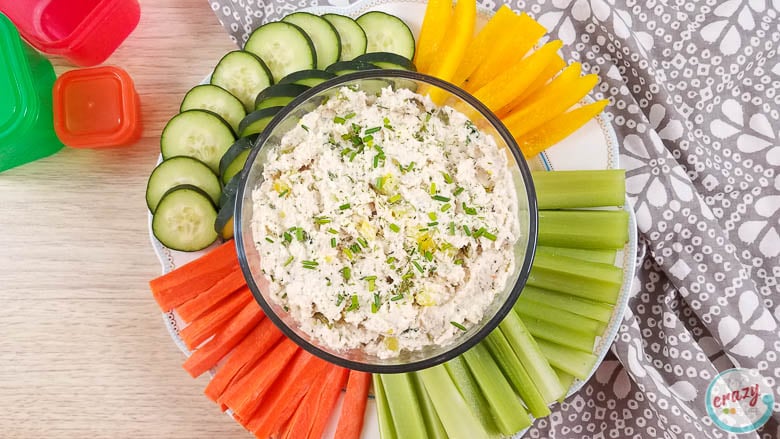
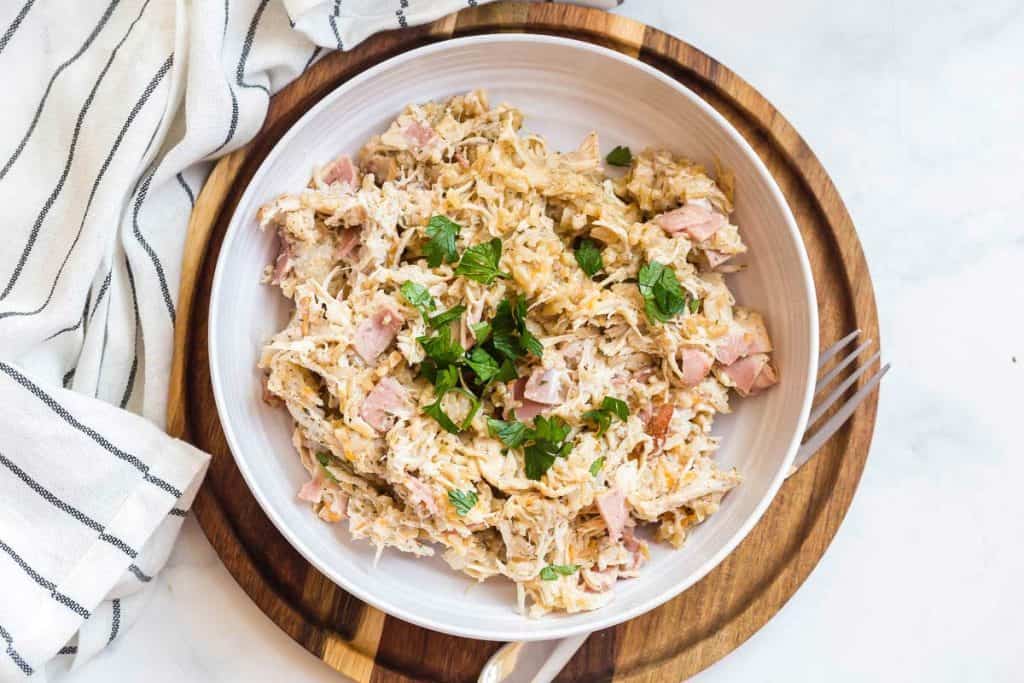
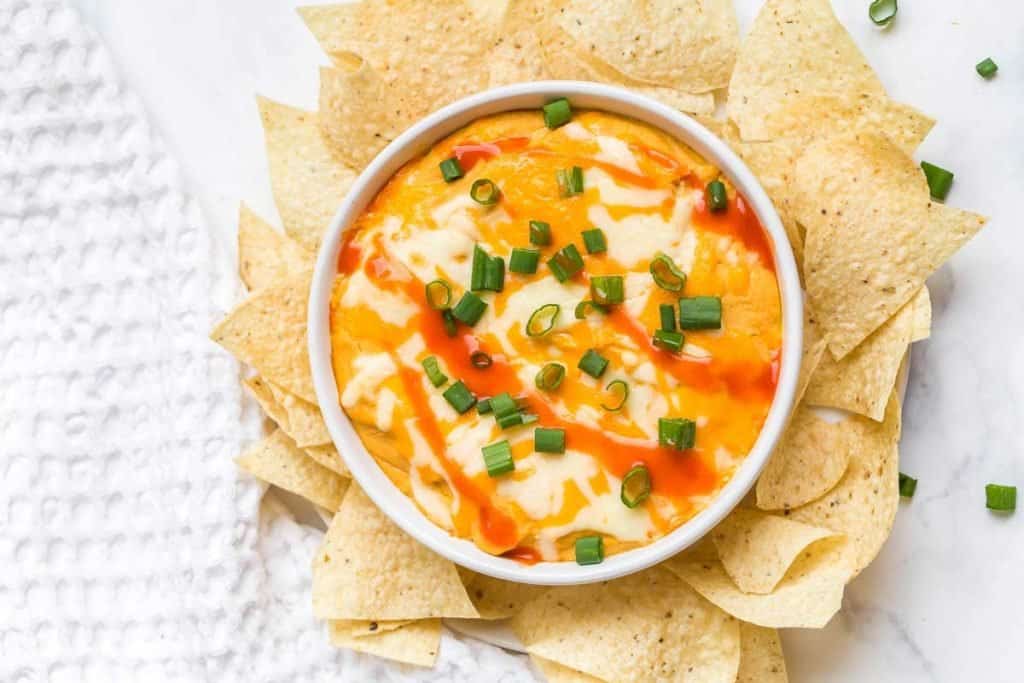
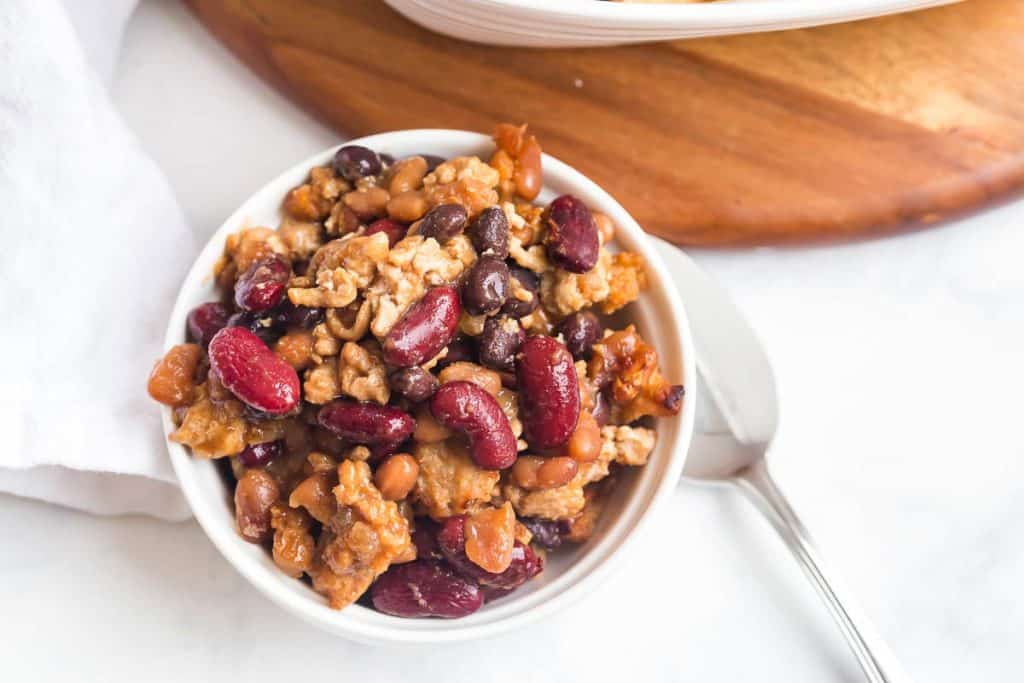











thank you so much your blog is very helpful nice posts.
Can you roast or cook beet stems as well?
I’ve not ever roasted them but I have sautéd them before :)
Great information on the nutritional value of beets! It’s interesting to learn about the benefits of both the beetroot and the stems. I’m excited to experiment with the recipes you suggested—beets seem like such a great addition to a healthy diet!
Mom always had beets in her garden. She made beet jelly every year.
She used raspberry jello beet juice instead of water and sugar. The beet juice brought out a great flavor and was healthy to.